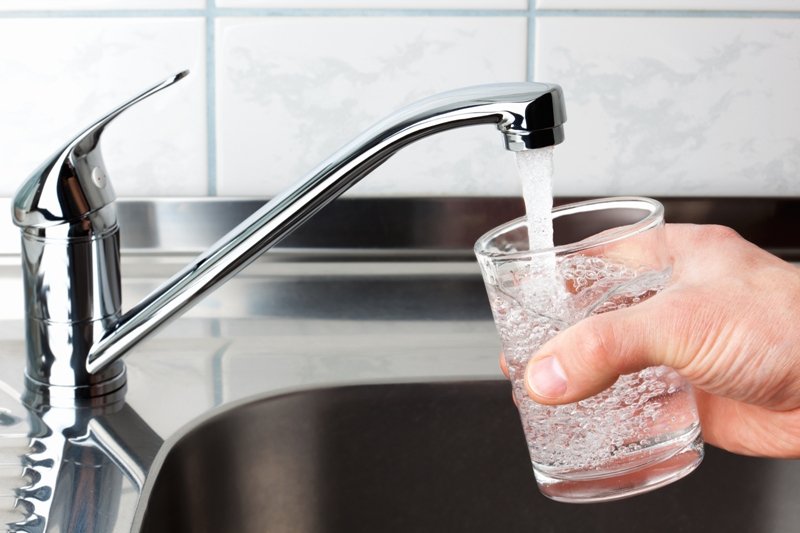
Is It Okay to Drink Tap Water?
There are different forms of drinking water: bottled, tap, filtered, the one with added electrons, and many more. Many people are still wondering which among these forms of drinking water is safe for them. There are growing concerns about chlorine and other contaminants in tap water, but does tap water cause any risk?
According to a study published in the Journal Heliyon Thursday, the Environmental Working Group (EWG) found that twenty-two carcinogens that increase the risk of cancer are commonly found in water. These carcinogens include arsenic and the byproducts of water disinfectants such as uranium and radium. Most tap water meets legal standards, but EWG researchers found that the contaminants in these waters can create a measurable risk of cancer.
Apart from containing cancer-causing contaminants, many people still don’t enjoy the taste of their tap water. Water authorities add fluoride to the city or municipal water supply to reduce the risk of tooth decay in the local population. Unfortunately, too much fluoride can cause problems with neurological, bones, joints, and teeth development.
Exposure to fluoride before birth increases the risk of cognitive problems in the future. Excess fluoride can also damage your parathyroid gland causing hyperparathyroidism (the uncontrolled secretion of parathyroid hormone). The uncontrolled secretion of this hormone can cause depletion of calcium in bone structures and increase its concentration on the blood making the bones susceptible to fractures.
Tap water filters and filtration systems

More than 90 percent of water systems in the United States meet all the EPA regulations. If you are worried that your tap water may not be safe for you, you should check your water quality report to know what contaminants are in your drinking water. You should not drink tap water that does not meet all the EPA drinking water regulations because it might be unsafe.
Some people prefer filtered water over tap water to prevent or reduce the risks that can be caused by fluoride, lead piping, and other contaminants present in tap water. Some people also prefer the taste of filtered water.
If you don’t like the taste of your tap water or it does not meet all the EPA regulations, you should consider using a water filter.
What to consider before buying a water filter?

There are different types of water filters. The best water filter for you depends on your goals: whether you are concerned about appetizing your drinking water or health risks. Different filters remove various impurities. Before buying a water filter, you need to first read your water quality report to determine what, if anything, you want to filter out of your drinking water.
Water filters also come in different sizes and shapes. Depending on your filtering needs, budget, and lifestyle preferences, you may want to consider the following options:
- Countertop filter
- A faucet-mounted filter
- Pour-through (carafe) filter
- Whole house (point of entry) filter
- Plumbed-in filter
- Water filter technologies
Different water filters are using different technologies. Some of them use more than one technology to increase their effectiveness. When looking for a water filter for your home, you are likely to come across the following terms:
- Activated/ Adsorption carbon: The contaminants or particles in water are removed when they stick on the surface of the material inside the filter. An example of an adsorption carbon filter is the Chloramine Water Filter.
- Ultraviolet (UV) treatment: The filter uses UV light to kill germs in the water.
- Particulate/Mechanical filter: The filter removes large particles that may be present in the water.
- Softeners/Ions Exchange Units: The filter uses a process known as ion exchange to reduce hard metals such as lead that may be present in water.
- Distillation: The distiller heats water to turn it into vapor or steam and then collect and return it into its liquid form, leaving contaminants behind.
- Reverse osmosis: Water is forced through a membrane that filters out the molecules that are physically larger than water molecules.
Each of the above water filter technologies has specific pros and cons. The key factors to consider when choosing the best water filter for you is the contaminants present in your water, filtering technology, where you want to install the filter and cost. Getting the wrong water filter for your home will not change the quality of your drinking water.




